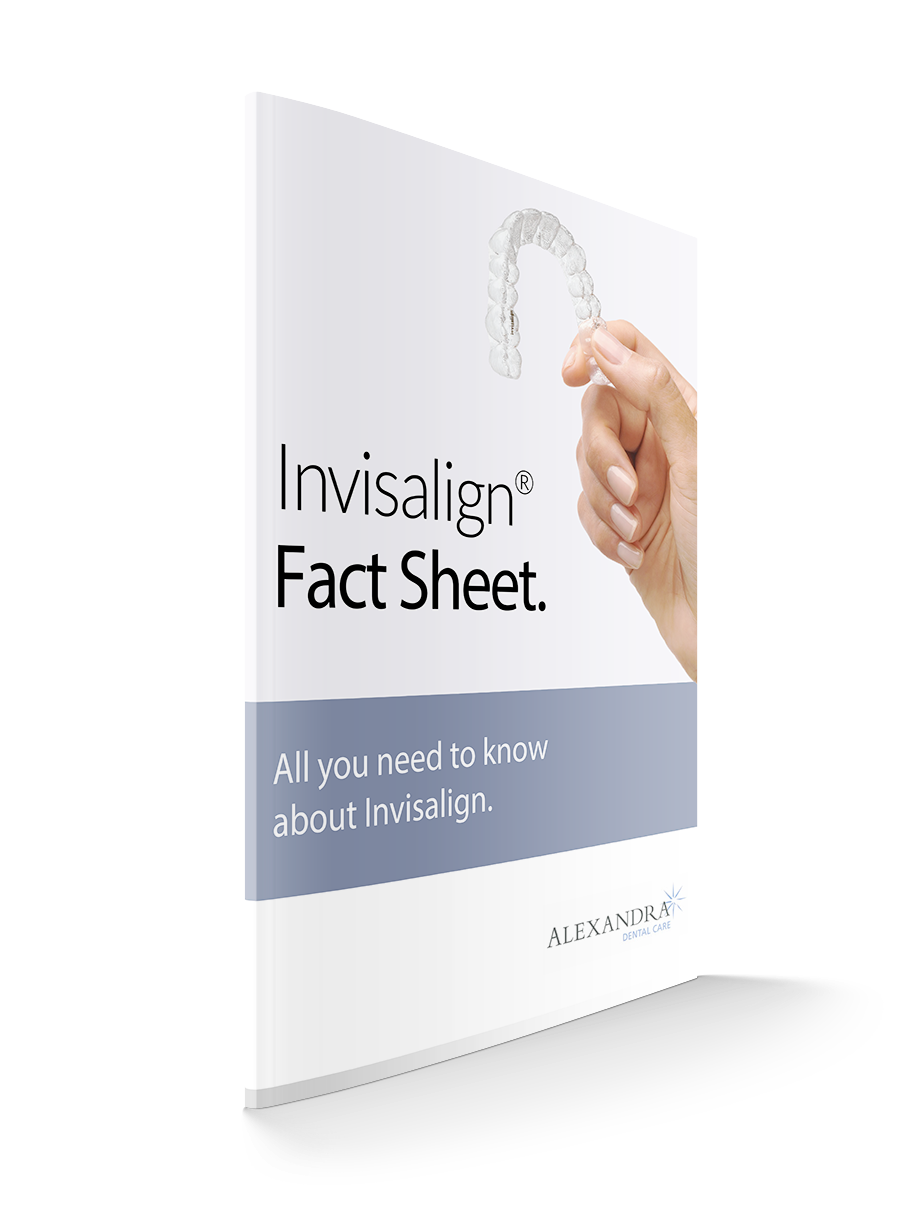Local Anaesthetics, General Anaesthetics And IV Sedation
Our Ashby and Swadlincote dentist explains the differences.
If you haven’t been to the dentist in a long time, or have only just come across the term ‘dental sedation’, you may well be a little confused about what these terms mean, and which ones are available and appropriate for you. In the past, nitrous oxide (or ‘laughing gas’) was widely used in the UK for dental treatment. This is no longer the case, as you will see later.
Anaesthetics and sedation all make the dental experience more comfortable for patients undergoing treatment, and, at Alexandra Dental Care, we aim to make each visit as pleasant and comfortable for all of our patients as we possibly can.
Local anaesthetic
If you look back to the early days of dental care, you will find images of patients being held, or strapped down, to enable the dentist to carry out their work. A quick look at this page shows rudimentary equipment, such as clockwork drills and some rather unpleasant tools for extracting teeth!
Even with modern equipment, such as the high speed drills which allow fillings to be carried out faster and more effectively, the procedure could be very painful for our Ashby and Burton patients if it weren’t for the use of a local anaesthetic.
Lidocaine is one of the most widely used local anaesthetics which is very powerful and numbs the area where the procedure is to take place. It is injected into the target area, and although some patients think they experience pain from the needle, it is actually the anaesthetic entering the bloodstream that causes some temporary discomfort. Without this though, the procedure could not go ahead. There are no long lasting effects from this type of anaesthetic and it is relatively short lasting, with your mouth returning to normal not too long after the completion of the procedure.
General anaesthetic
This was widely used in the past for procedures such as a tooth extraction. A mask would be placed over the patient’s nose and mouth and they would then breath in the nitrous oxide until they fell to sleep. The dentist would then be able to extract the tooth.
There were a number of disadvantages to this type of anaesthetic though. It was important that you didn’t eat for some time before the procedure, as being sick was a real possibility, and therefore, a risk of choking. It also could produce some very vivid, and often unpleasant dreams which could frighten a child and make them reluctant to have dental treatment in the future. Sadly, there were also a small number of fatalities, and it was this factor that led to its use being banned in dental practices, unless a qualified anaesthetist was present. Although initially, some patients were nervous at being awake during an extraction and other procedures, most soon found that, with the use of a local anaesthetic, it was far less unpleasant than they had expected.
Dental sedation
Local anaesthetics are very strong and you should feel no pain when they are used. For longer procedures, such as implant placement, or for very nervous patients though, this may not be quite enough.
Although we can’t ‘put you to sleep’ for a procedure, we are able to administer a dental sedative. This is sometimes called ‘sleep dentistry’, especially in the US. You will not fall asleep with it though, but will enter a state of deep relaxation. Most patients that have lengthy procedures using this form of sedation, find that they think the procedure has only lasted for a short time and sometimes even have no recollection of it at all.
The sedative is administered via an injection into the back of the hand. In no time at all, you will find yourself to be entirely relaxed, and the procedure can begin.
As with local anaesthetics, the effect of this will eventually wear off. You will, however, not be fit to drive afterwards and would be a danger to yourself and others if you tried, so you will need to bring someone with you to take you home. We also recommend that you do not attempt to use public transport unless accompanied. You may need to take 24 hours off work too, especially if you operate any form of machinery.
If you have been avoiding having dental treatment due to your anxiety around dentists, we recommend that you have a general discussion with one of our dentists who will be able to explain the benefits of IV sedation, helping you to get your oral health back on course.
To make an appointment at Alexandra Dental Care, you can call us on 01283 216347. We’ll be pleased to help!
Google+
Comments are closed.